Maternal Instinct – Motherhood – Review
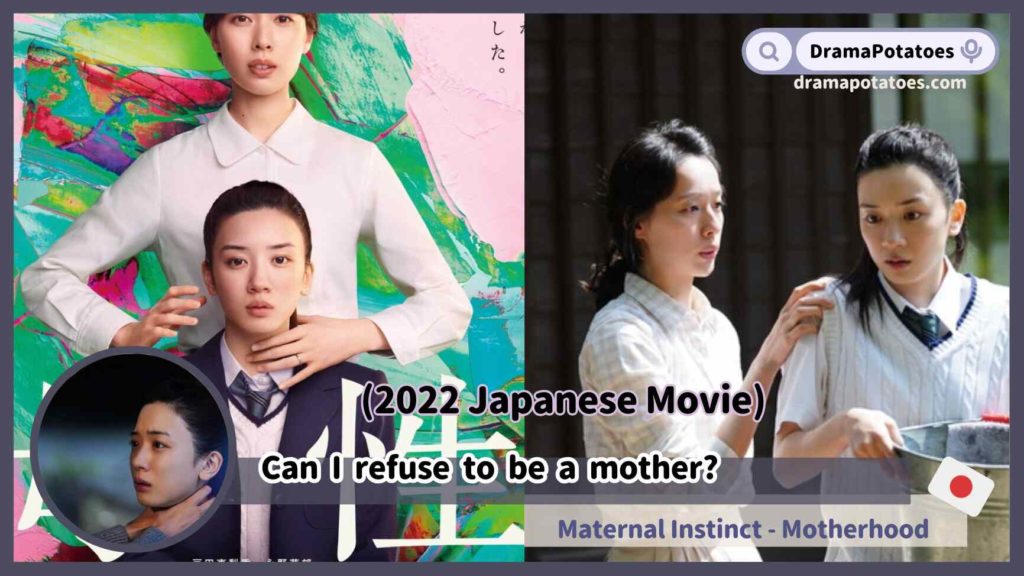
The movie “Maternal Instinct / Motherhood” is quite a unique work. It revolves around the story of Sayaka, a high school girl who commits suicide for unknown reasons. The film begins with her monologue, where she questions how she can make her mother need and love her. She realizes that she has been so focused on seeking her mother’s affection that she failed to notice why her mother never loved her in the first place. This sets off suspicions about the reasons behind Sayaka’s suicide and explores the complexities of love and contradictions between being a mother and daughter.
Writing about “Maternal Instinct / Motherhood” is challenging because it is an unconventional film that delves deep into the distorted transformation of a woman’s identity as both a daughter and a mother. One interesting character in the movie is Rumiko, who claims to have done everything possible to love and care for her daughter. On the surface, it seems like an expression of love and nurturing towards Sayaka, but using such forceful terms to describe oneself raises some doubts.
Clearly, there are two important yet contrasting roles in “Maternal Instinct / Motherhood”: “mother vs daughter.” Rumiko represents a mother incapable of giving love to her daughter while Sayaka yearns for maternal affection. However, this film isn’t straightforward because Rumiko herself is both a mother and a daughter. In this story, it becomes evident that she chooses to be seen as just a daughter rather than embracing the role of being a mother.
In the first half of “Maternal Instinct / Motherhood,” we witness similar events through Rumiko’s perspective as both a mother and daughter compared to how Sayaka perceives her own mother. The screenplay brilliantly portrays their conflicting emotions and emphasizes elements of psychological thriller throughout.
Rumiko’s perspective revolves around her mother, and everything she does is to make her mother happy. In simpler terms, it can be seen as a distorted maternal obsession. Therefore, in the plot of “Maternal Instinct / Motherhood,” Rumiko’s existence depends heavily on her mother. From her standpoint, even the choice of her marriage partner is based on her mother’s preferences. Some viewers may wonder if Rumiko has lost herself too much? Personally, I really enjoyed the setup in the first half of the film. The audience follows Rumiko’s point of view and develops a deeper reliance on her mother, revealing the love that Rumiko feels.
However, there is a major turning point in “Maternal Instinct / Motherhood” when a fire occurs in the story. I find that this character portrayal of Rumiko by “Maternal Instinct / Motherhood” is truly pathological (or rather she has this psychological disorder). Her emotional dependence on her mother serves as motivation for everyday life. Until one day when she loses her mother, although Rumiko’s life doesn’t crumble apart like an earthquake, she tries even harder to treat her critical and sarcastic mother-in-law as if she were her own mom. She hopes to gain appreciation and recognition from someone who resembles a mom figure but ends up creating more distance between herself and Sayaka.
In the second half of “Maternal Instinct / Motherhood,” there is more focus on Sayaka’s character development. She also strives hard to earn love from their shared maternal figure – their mom. As we witness Sayaka’s actions throughout this part of the film, it becomes apparent that she gradually adopts behaviors similar to those exhibited by Rumiko earlier – deliberately doing things that please their mom and enjoying praise from their mom as well.
However, these approaches only widen the gap between Sayaka and Rumiko in their relationship as daughter and surrogate-mother. The intense love and hate plot almost traps every character in a dilemma. The script weaves conflicting narratives into intricate conspiracies, shifting between timelines, causing Rumiko and Sayaka to have increasingly divergent perspectives on the situation. This leads to a transformation in Sayaka’s character that sets her apart from Rumiko.
The latter part of the plot in ‘Maternal Instinct / Motherhood’ leans towards dramatic elements, as Rumiko’s mother-in-law and Tadokoro’s sister are introduced as subplots. I feel that the second half is not as captivating as the first half, but ultimately it leads to redemption. Despite some regrets, the characters find inner redemption amidst their sorrow. In fact, for me, Rumiko’s character in ‘Maternal Instinct / Motherhood’ is worth watching for all women because as a woman myself, I strongly resonate with her experiences. At this stage of my life, I am also contemplating whether or not to become a mother.
In the film, I can sympathize with Rumiko’s desire to forever remain a daughter (although she represents an extreme case), because even when children grow up they still long to be loved and praised like a child. I can also understand her panic and resistance towards accepting the sudden presence of her unborn daughter whom she refers to as a “monster.”
For me personally, Rumiko’s resistance in facing this unexpected transition into motherhood feels very realistic. People say that maternal instinct is innate; however, not everyone feels that way. Some people do not want to choose adulthood. But it cannot be denied that through this painful journey, Rumiko does indeed grow and mature despite carrying deep regrets within her heart. She learns that she can overcome obstacles instead of being trapped between being a daughter and being a mother.”
















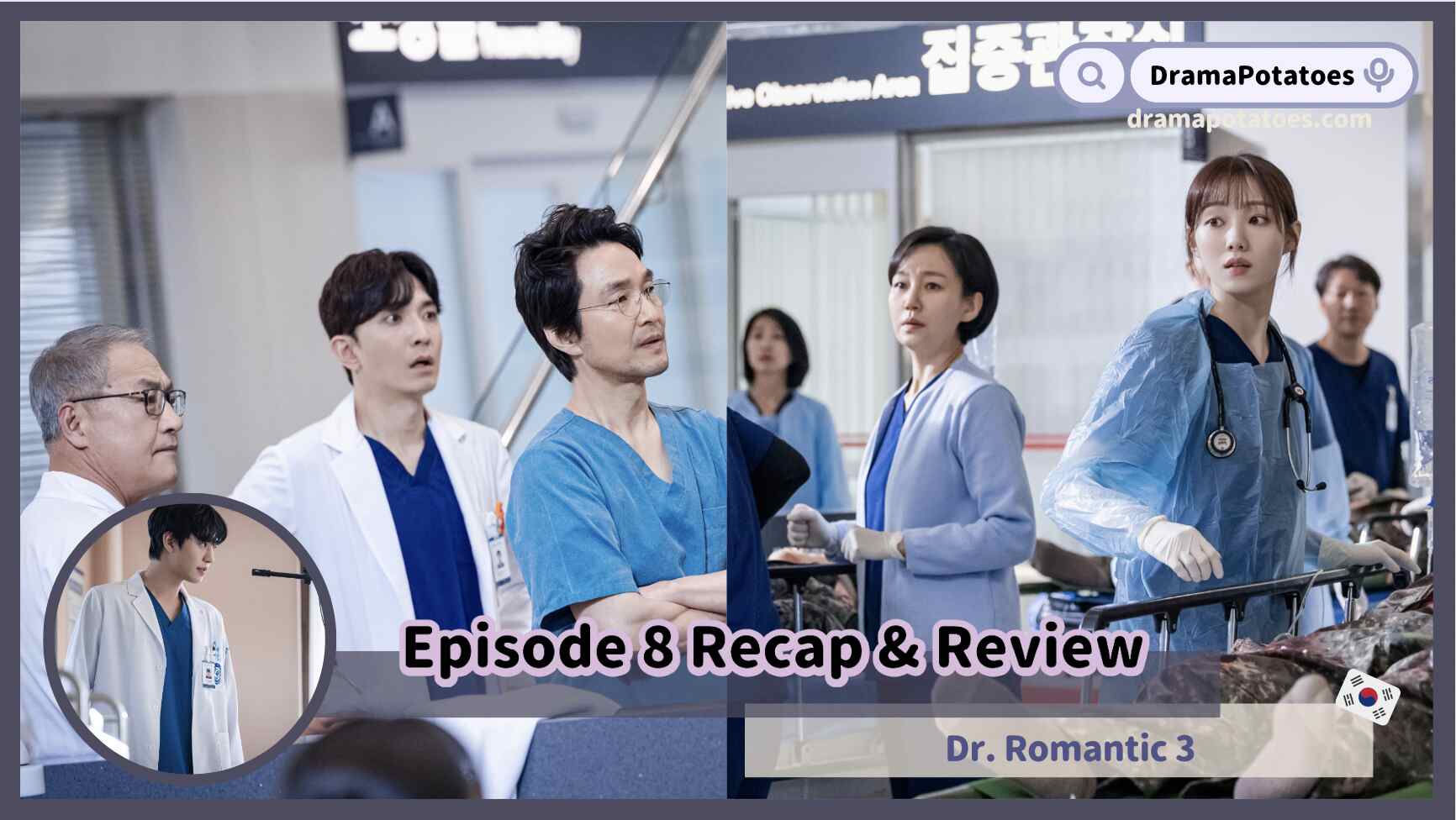


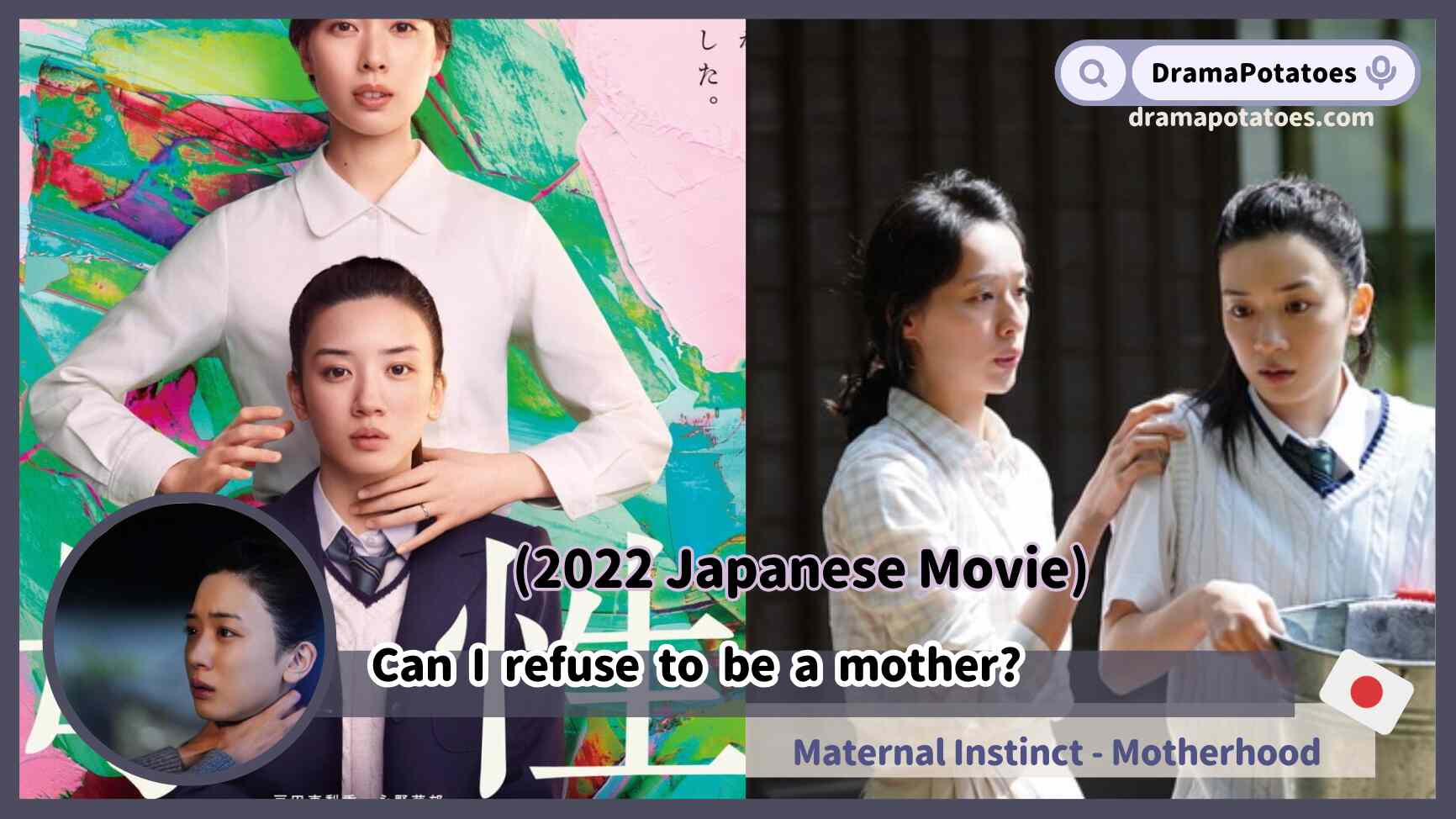

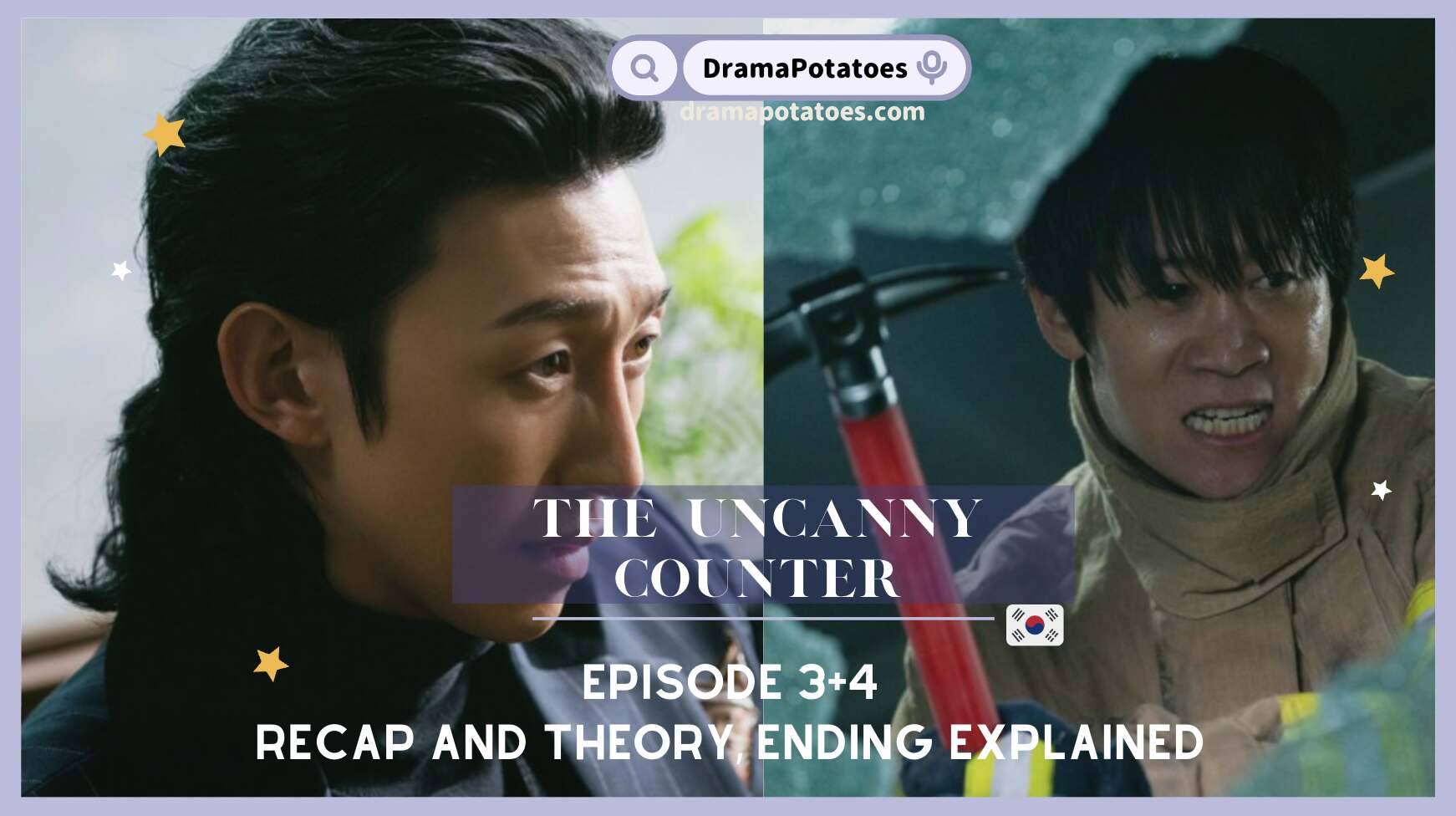

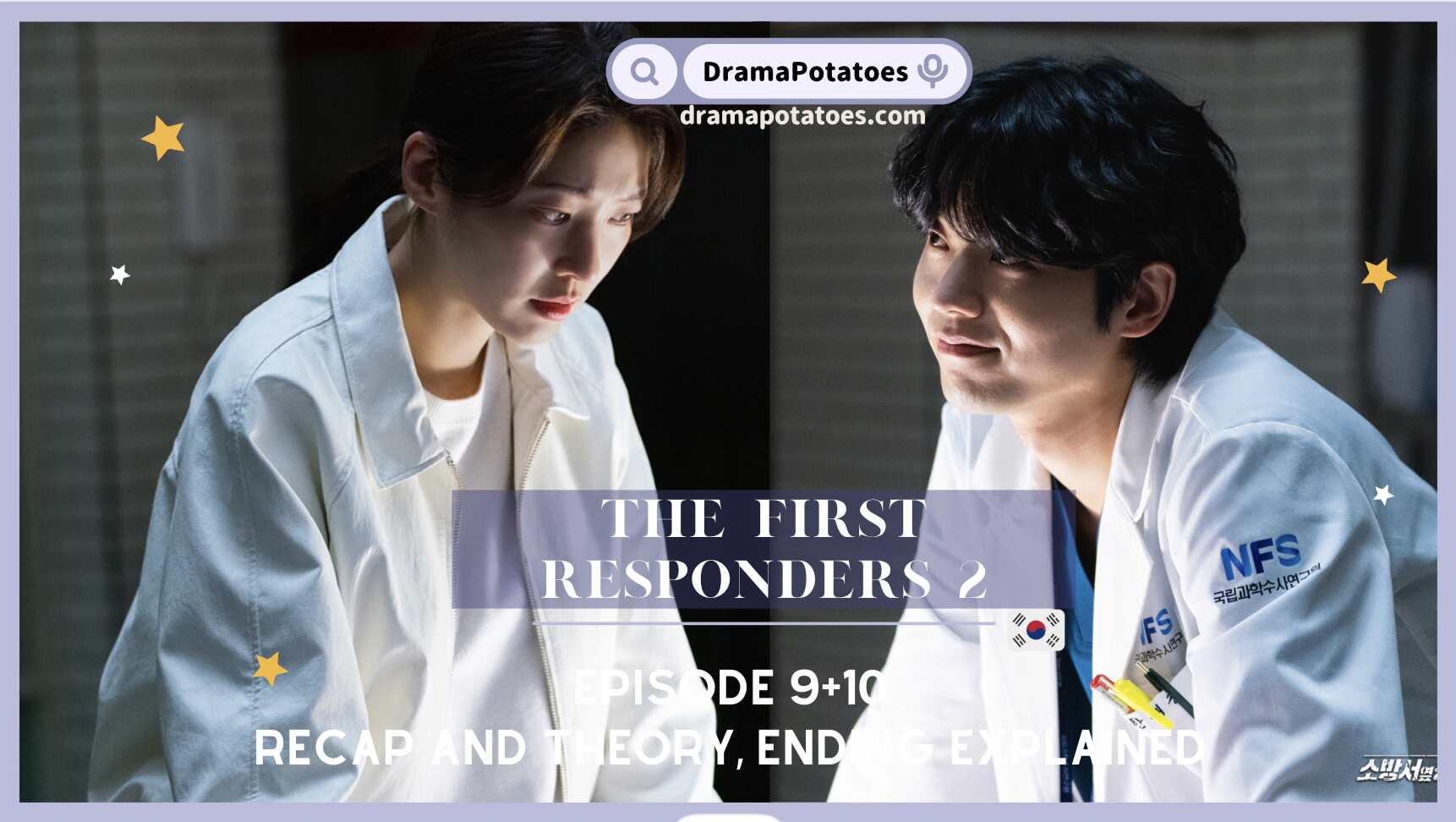
FIND US ON SOCIALS